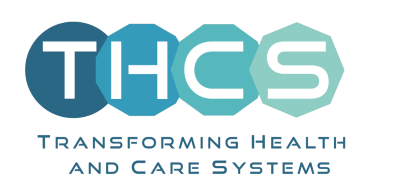.

PEER-HOMEcare: Pedagogy and Enriched Environment for Rehabilitation - Holistic, Optimised, Methodical, and Empathetic care (PEER-HOMEcare)
Project/agreement No.
ES RTD/2024/25
Project funding
1 029 408.00 EUR, incl. 95760 EUR RSU budget
Project manager
Project realization
01.05.2024. - 30.04.2027.
Aim
To devise a sustainable, equitable home-based strategy that enhances stroke patients' engagement in motor and cognitive activities within their home environments. This is achieved by translating insights on Enriched Environment (EE) from animal models to human contexts and integrating nonlinear pedagogies, leading to innovative knowledge creation and a cohesive, transformative framework.
Description
This project responds to these challenges by developing an innovative, evidence-based approach called PEER (Pedagogy and Enriched Environment for Rehabilitation) to improve stroke patients' rehabilitation, care and health outcomes in the home environment. PEER is based on transferring EE knowledge from basic neuroscientific and animal studies to the clinical setting.
Work packages
- WP1 aims to reach a consensus on EE within stroke rehabilitation and the development of PEER Pedagogical Principles, providing the theoretical foundation for our project.
- WP2 will focus on developing the assessment protocol to be used in WP3. This protocol will be specifically tailored to assess the effectiveness and impact of the PEER framework in a home-based environment.
- WP3 will conduct a pilot trial to assess how various stakeholders adapt the PEER framework in their home environments and its effect on patients' engagement in rehabilitative activities.
- WP4 is dedicated to developing an online platform and a toolbox. Based on the findings from the first three WPs, the toolbox will be iteratively refined and updated.
- WP5, the final work package, will concentrate on disseminating and communicating the project's progress and outcomes, ensuring our work reaches the widest possible audience.
Project Coordinator
Norges Idrettshøgskole (NIH)/ Norwegian school of sport sciences (Oslo, Norway)
Project partners
Sunnaas Sykehus HF (Bjornemyr, Norway)
The University of Gothenburg (Goteborg, Sweeden)
Riga Stradins University (Riga, Latvia)
University of Porto (Porto, Portugal)



